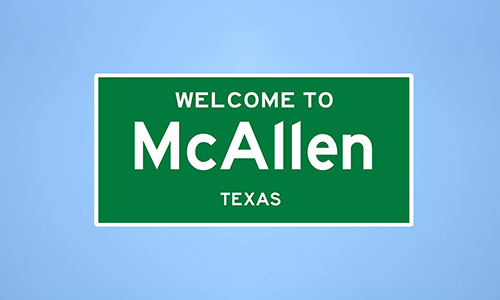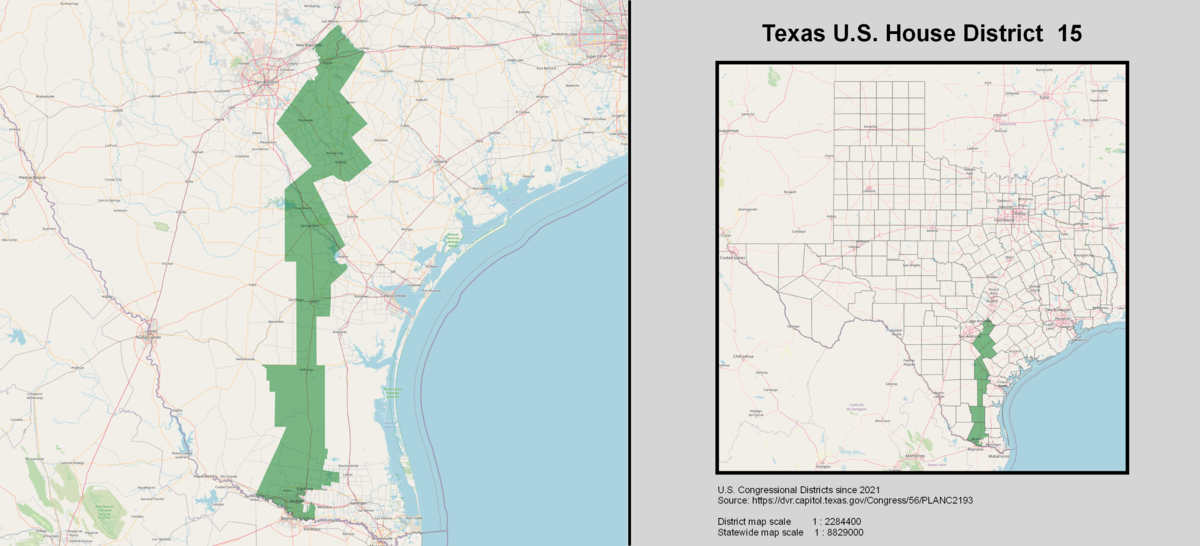A View from West Texas: What’s Happening to Local Control Republicanism?
 TWENTY-FIVE YEARS AGO, the Texas Republican revolution forged west of I-35 and up the Caprock to limit government and entrust us to govern ourselves (as well as to implement term limits, but that’s a subject for another time).
TWENTY-FIVE YEARS AGO, the Texas Republican revolution forged west of I-35 and up the Caprock to limit government and entrust us to govern ourselves (as well as to implement term limits, but that’s a subject for another time).
The region itself was settled about 100 years prior to the revolution’s arrival. While it’s a relatively short history, it’s a storied one of shrewd stewardship and industrious spirit—from pioneering hard land in Comanche territory and surviving the worst hard times in dugouts to managing agriculture, education and medical programs to become world-class industries.
With an almost genetic self-sufficiency, personal responsibility and economic prudence, as well as a short history alive and well in our collective memory, the Republican promise of limited government and self-governance suited our nature. And strong pro-life and family values positions in the 1990s sealed the deal.
But today, a new brand of Texas Republicanism is forging westward and up the Caprock, indicating to us that what government most seeks to limit in West Texas is self-governance.
Back in December, the Railroad Commission ruled that it would no longer allow a city-by-city appeal process to dispute natural gas rate hikes; rather, cities would be lumped together— and would be allowed a “limited” discovery phase.
Many up into the Panhandle are concerned that governor-appointed commissioners at the Public Utility Commissioner could follow suit, undermining respective local controls as well.
However, what we’re not “limited” to with respect to the RRC and PUC is access to campaign finance reports.
With regards to transportation, a smart regulatory environment, as well as our region’s state highways and county roads helped pave the way for the Texas Miracle. And a great deal of re-paving is in order, but this new brand of Republicanism has legislators afraid to fund this most basic need.
Moreover, while there is a broad range of opinion on property rights versus local control, and the crisis of Republican philosophy therein, we note the state’s stance on fracking battle in Denton and the underground water battle in Hays County.
And then there’s the proverbial gem of local control: independent school districts. Public schools are the societal, cultural and economic backbone of most rural communities west of I-35.
Any further funding cuts would result in eliminating teachers, the primary means of meeting state mandates for our children. At this present moment, we’re a far sight more concerned about what Judge Dietz has had to say about funding than what State Board of Education has said about Moses. And we’re growingly concerned about funding vouchers. (In communities in which we hardly have convenience store choice, you’ll pardon our chuckles at both the concept and political terminology of “school choice.” A term state Rep. Drew Darby, appearing recently on our West Texas Drive radio program, defined as “the city folks’ way of getting their private schools paid for with public dollars”.)
What’s happening to the promise of self-governance we were given 25 years ago?
REVENUE AND APPRAISAL CAP proposals in the Texas Senate are just two more fronts of the local control for West Texas. And like a majority of cities and counties, we have questions—albeit more impatient and blunter questions.
On the point of revenue caps, is this not Californianizing Texas to run government by referendum? To borrow a phrase, we already have a ‘rule of elections’ to inform rates, we don’t need more elections.
On the point of appraisal caps, is this not setting up the cities and counties to either cut services—or to follow the State of Texas’ own recent example in issuing (more) certified/general obligation bonds to maintain services it can’t afford?
Is this big-government conservatism?
This sentiment was articulated aptly by Lubbock Mayor Glen Robertson in recent interview on KRFE AM 580. As an owner of multiple commercial properties in the city, he wasn’t particularly excited to pay approximately $400,000 in property taxes last year, he “doesn’t need some fella in Houston telling us how to run Lubbock.”
Lt. Gov. Dan Patrick can stand up on a stage with 24 senators, take selfies with state senators who carry his cap water and govern by campaigning. It’s a political country mile from Bullockian style, but it’s his right.
But is it not more bold in this present Republican political environment to stand up like former-chairman Sen. Craig Estes on the 2/3 Rule, Rep. John Otto on fulfilling obligations to teacher retirement and inefficiencies of $800 million toward National Guard at the border, Rep. Jim Keffer taking on the Railroad Commission and Sen. Kevin Eltife principle to actually meet needs before dolling tax cuts?
In a week in which we celebrate Texas Independence, we look forward to Republicans who’ll stand up to appraisal and revenue caps.
To put a conservative label on proposals that undercut local control presents a paradox that would keep Augustus McCrae talking all night and a satire Will Rogers or Molly Ivins couldn’t script (but would probably describe as a form of Edmund Davis strong central state Reconstruction Republicanism— without the noble guiding principle, devised with economic crayons).
FOR A GROWING NUMBER OF WEST TEXANS these caps proposals are two more recent samplings of incompatibilities between this new brand of Republicanism and rural values.
Undoubtedly in the next week, we’ll be told and scorecard cajoled that for the cause of liberty and defeating local tyrants these conservative, good government proposals should be supported.
But they ain’t good government, and they ain’t very conservative.
As we say in West Texas, don’t take a leak on my boots and tell me it’s rainin’.








